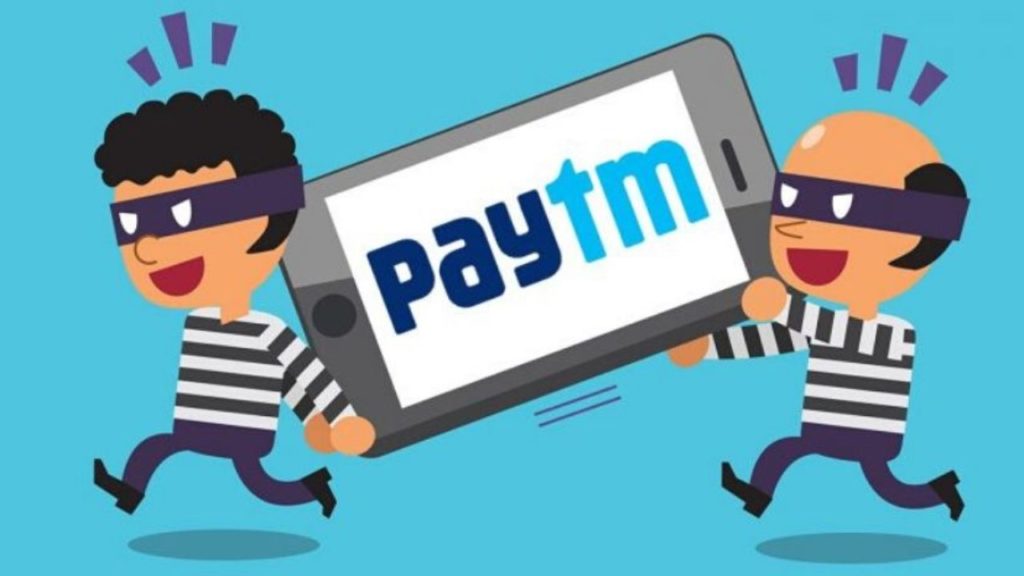Paytm Files Rs 100 Crore Defamation Case Against Airtel, Jio, Vodafone For Not Stopping Phishing & Fraud Cases

Considering the hike in the number of phishing cases registered on the Paytm platform, One97 Communications Ltd, the parent company of Paytm, has filed a case against telecom service providers in the Delhi High Court.
It has alleged that telecom service providers are not blocking fraudsters who are defrauding its customers by “phishing” activities over the various mobile networks.
Paytm’s HC Filing
According to Paytm, millions of its customers have been defrauded by phishing activities, over their mobile networks.
It says that due to the failure of the telecom companies to prevent theses activities, Paytm has had to go through financial and reputational loss, for which it has sought damages of Rs 100 crore from them.
In its petition filed against the telecom companies, Paytm has contended that the telecom majors:
- Airtel
- Reliance Jio
- BSNL
- MTNL, and
- Vodafone,
Claiming that these operators have violated their obligations under the Telecom Commercial Communication Customer Preferences Regulations (TCCCPR) 2018, notified by the Telecom Regulatory Authority of India (TRAI) to put a stop on unsolicited commercial communications.
According to these rules, the telecom companies are required to verify purported telemarketers seeking registration, called registered telemarketers or RTMs with them, before granting them access to their customer data and to also take action immediately against all fraudulent RTMs.
The petition has underlined that due to the telcos “failure” to undertake proper verification before such RTMs, have led to fraudulent telemarketers to carry out phisihing activities against customers of Paytm and its associate companies.
It has contended that it is the telecom companies responsibility to prevent frauds.
Phishing and RTMs
Phishing is a cybercrime, where people are contacted through emails, phone calls or text messages by a ‘supposed’ legitimate source claiming to be representative of an organisation.
Doing so, they lure such innocent people and extract their sensitive data, including banking and credit card details and passwords.
Paytm has also explained the modus operandi of the fraudsters, by saying that such people or entities register themselves with telecom companies and get assigned headers similar to Paytm.
Some of these fraudulent headers include: Paytm, PYTM, PTM, IPAYTN, PYTKYC and its derivatives. The official headers include: BPaytm, FPaytm, PAYTMB, Ipaytm and mPaytm.
These fraudulent message headers send messages to its customers for getting their sensitive and private information, including account details and passwords.
These messages contain a link which when clicked installs a software on the phone allowing the fraudster to get the customer’s financial account details stored on the device.
Some of these RTMs also call the customers and seek their private information under the reason of completing their KYC requirements.
Paytm has asked the court to sought directions to TRAI to ensure complete and strict implementation of TCCCPR provisions so that strict actions could be taken against the telecom companies for violating their obligations to verify telemarketers under the regulations.

Comments are closed, but trackbacks and pingbacks are open.